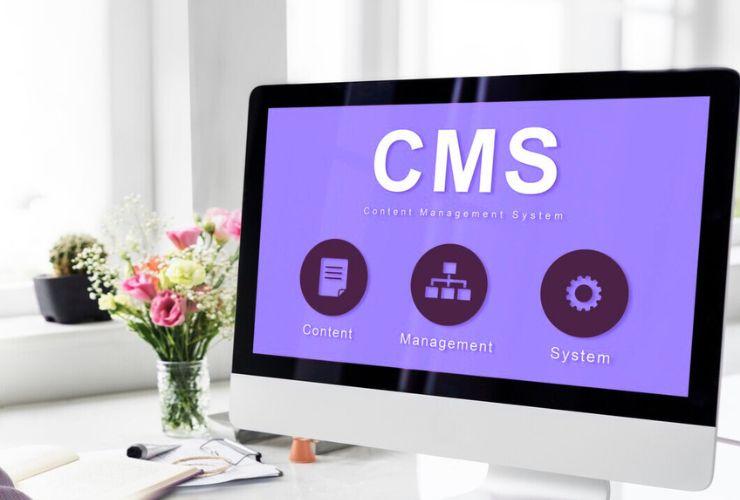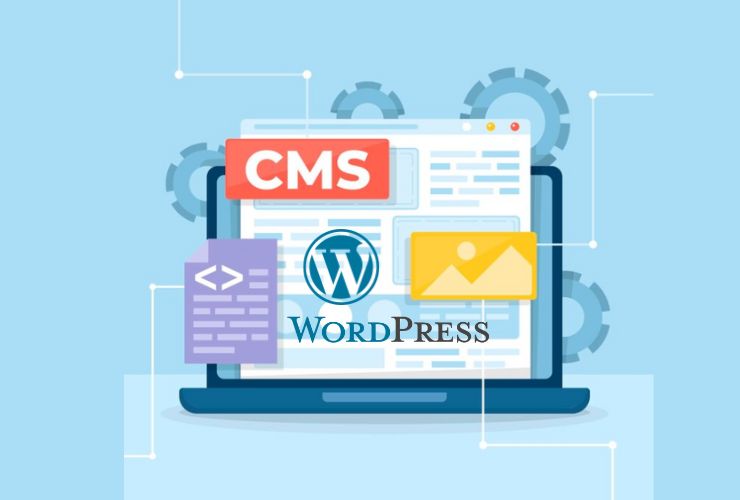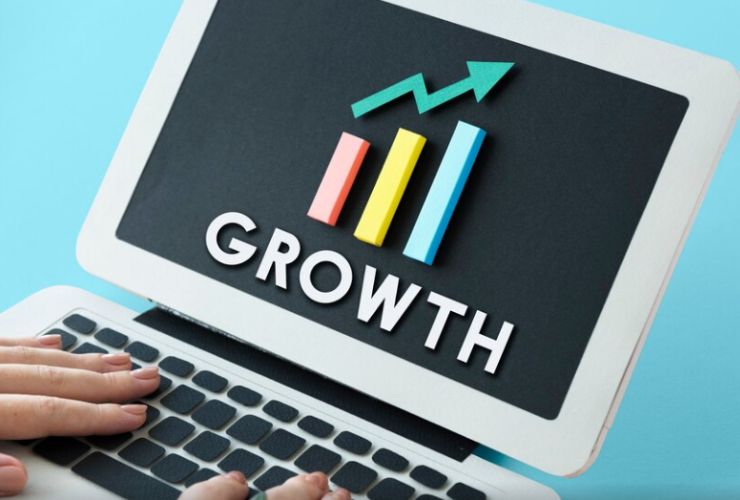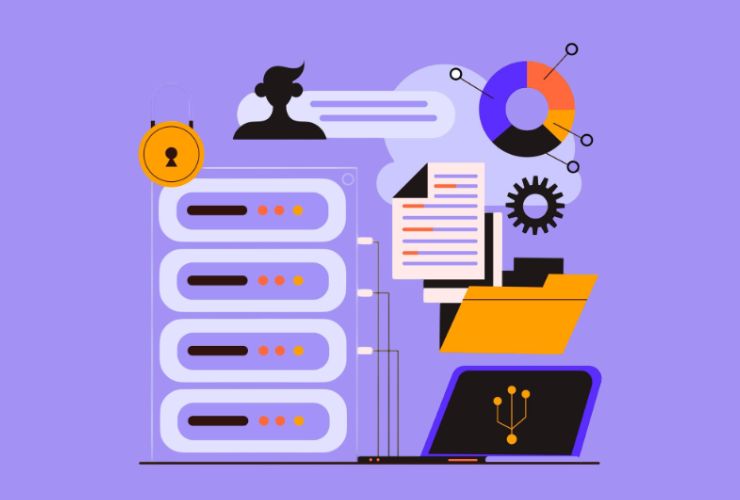If your website serves as the core of your business, scalability is a must. A scalable website means that, as your traffic, content quantity and user base grow, you can continue to perform well, keep secure and provide your users with an excellent experience.
Whether you’re running an online shop, a news website or a company website – the right Content Management System (CMS) will determine whether you can grow without limits or if you will run into a wall down the road. The right CMS should provide not only a way to publish the content, but provide the structure to be able to weather increased requests, integrate with new tools and remain ahead of newer trends in the markets.
In this article, we will discuss some of the best CMS platforms that are not only powerful, but scalable with your business.
1. WordPress
Why it’s great for scalability:
As the outright most-utilized CMS in the world with over 40% of the internet built on WordPress, its ecosystem of plugins, themes, and integrations, plus a largely developer-based community that is always innovating. When paired with enterprise hosting with WP Engine or Kinsta, you can scale WordPress for millions of visitors per month.
Scalability Features:
- Tens of thousands of plugins for more functionality
- Easy integration with eCommerce (WooCommerce)
- Enterprise-grade hosting for high-traffic
- Varied options for custom development
Best for:
- Blogs, corporate websites, eCommerce sites
- Flexible businesses that want to be agile and update frequently with custom designs
2. Drupal
Why it’s great for scalability:
Drupal is made for complexity and performance. A complex architecture also gives Drupal the edge for higher security levels and workflows that few web platforms can handle, which is exactly why many government agencies, universities, and large organizations choose Drupal for their website.
Scalability Features:
- Deep content organization and taxonomy
- Built-in caching for page speed optimization
- Strong security that provides regular updates
- Enterprise-level API for better integrations
Best for:
- Large organizations with multiple departments to assign workloads
- Websites with more complex permission settings and workflows
3. Joomla!
Why it’s great for scalability:
Joomla! is another flexible content management system that balances ease of use with powerful capabilities. Its multilingual support helps it stand out among its competitors and makes it well suited for international businesses.
Scalability Features:
- Built-in multilingual support
- Thousands of extensions available for added functionality
- Customizable templates
- Good balance of ease of use and advanced options
Best for:
- Websites with multilingual requirements across diverse markets.
- Medium to large businesses going global.
4. Adobe Experience Manager (AEM)
Why it’s great for scalability:
AEM is an enterprise-level CMS that is part Adobe Experience Cloud. It is ideal for companies that require the delivery of personalization content, a tight integration with the marketing tools, and high performance at scale.
Scalability Features:
- Cloud-based/On-premise deployment options
- Tightly integrated with Adobe Analytics and Adobe Target
- Great personalization and segmentation tools
- Strong digital asset management
Best for:
- Large enterprise organization with complex marketing campaigns
- Brands looking for a premium highly personalized web experience.
5. Sitecore
Why it is good for scalability: Sitecore combines content and digital experience management in one product. Sitecore is designed for enterprise scale, allowing organizations to deliver omnichannel engagement experiences and integrate with CRM and marketing automation tools.
Scalability Features:
- Advanced marketing automation capabilities
- AI assisted personalization
- Flexible deployment: cloud or self-hosted
- Deep integrations into enterprise tool stack
Most appropriate for:
- Enterprise websites where advanced marketing capabilities are a necessity
- Organizations focusing on personalizing the customer journey
6. Headless CMS (Strapi, Contentful, Sanity)
Why they are good for scalability: Headless CMS separates content creation from the delivery – allowing you to manage the content in one place and deliver it across web sites, mobile apps, IoT devices, etc. With a decoupled architecture, you can build applications that are extremely flexible and effective.
Scalability Features:
- API-first architecture to deliver your content anywhere
- High performing application for delivering content to multiple platforms
- Best suited for modern front-end frameworks like React, Vue or Angular
- Technology agnostic architecture that can keep pace with changing technology
Most appropriate for:
- Businesses that want to target more than one platform or device
- Development teams that are focused on performance, flexibility and creating customized experiences
Important things to consider when deciding on a scalable CMS
Before you rush into selecting a CMS, keep in mind:
- For traffic
- For security
- For integrations
- For customization
Final Thoughts
- The best CMS for your business depends on your growth plans, technical requirements, and budget.
- Small to medium businesses: WordPress or Joomla! offers flexibility and cost-efficiency.
- Large-scale enterprises: Drupal, Sitecore, or Adobe Experience Manager provide robust, secure, and feature-rich environments.
- Multi-device content delivery: A Headless CMS like Strapi, Contentful, or Sanity offers unmatched flexibility.
By investing in a CMS that’s built for scalability, you’re not just creating a website—you’re building a future-proof digital presence capable of growing alongside your ambitions.













 Database Development
Database Development












































